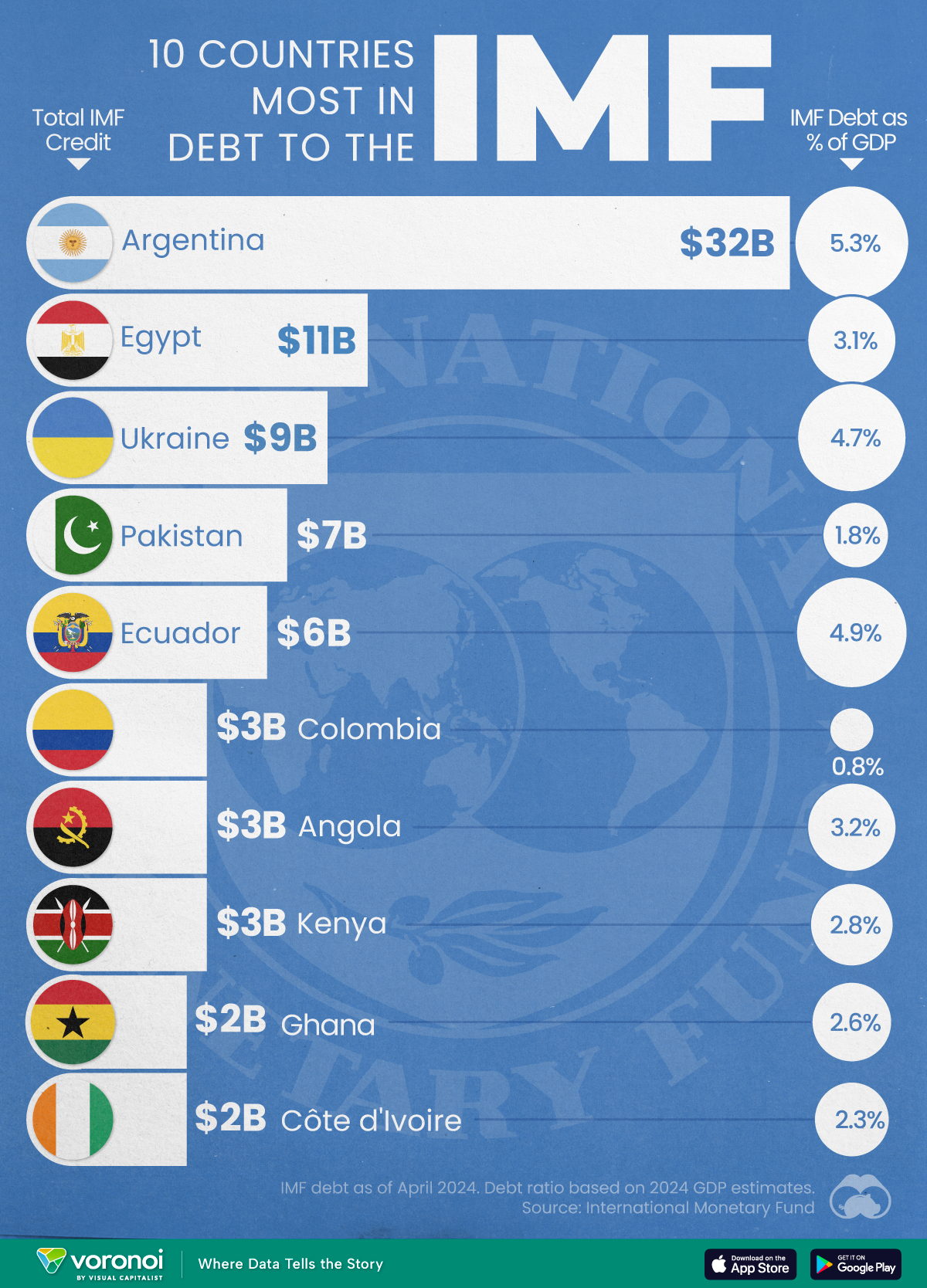Mises Wire
Octavio Bermudez
04/29/2024
Ludwig von Mises visited Argentina in June 1959 by invitation of Dr. Alberto Benegas Lynch. The lectures Mises delivered at the University of Buenos Aires are reproduced in the book Economic Policy: Thoughts for Today and Tomorrow. As the title suggests, the economic knowledge transmitted by Mises was for both those days and for the future. Argentina in 1959 was in a recession, the Frondizi administration trying to cope with the terrible situation left by President Juan Domingo Peron (1946–55) and the military government that got him exiled.
In his time, Peron turned the Argentinian economy into a command economy with massive price regulations, decapitalization that greatly damaged wages and infrastructure, nationalizations, inflation, foreign exchange control, and import and export restrictions (taxes and quantitative limitations) among a myriad of interventions. The military coup that ousted him from office had mixed views on how to conduct economic policy. There was somewhat of a consensus that policy should aim at recapitalization and lowered restrictions. The system of multiple exchange rates was removed, and the bank deposits that had previously been nationalized and moved to the central bank were given back to the private banks. Yet the military government intervened in finance and banking in other ways like determining interest rates and carrying out operations in the open market by buying or selling currency and absorption documents. The military government was neither worrying about inflation nor giving way to the free market. It did set back some “excesses” of the previous administration, but the general role of the state in the economy remained unchanged.
At the end of 1958, elections were held, and Arturo Frondizi was elected president (with the help of Peron from abroad). The errors of Peron and the military government were fresh when Mises visited Argentina, and Frondizi was just starting his economic reforms of import substitution by foreign investment. To put it more clearly, imports were discouraged, and foreign investment was sought to replace what was being discouraged.
Mises spoke of free enterprise, the importance of the free movement of capital, the buildup of capital, and the fight against inflation by means of reducing the quantity of money. He was correct in his analysis but out of tone with the political plan implemented in those days in Argentina. Frondizi intended to lower inflation by getting rid of deficit spending and obtaining fiscal equilibrium as the monetary anchor. As Mises knew, this was no way of confronting inflation.
The lessons of Mises were not heard in those days, and Argentinians would suffer government policies for many years ahead. However, looking to the present, things seem to be changing. Mises’s lessons have found their way back to Argentina with the current administration. Especially among the youth, Mises’s teachings have found their place. Javier Milei has managed to channel Mises’s thoughts to the common people that for years had only been offered statist programs.
Trapped in the statist paradigm, many point to “monopolies” and “unfair” competition as the causes of Argentina’s problems. The state is omitted from the analysis entirely; it is not taken as what it is, a coercive monopoly that expands wherever it can and will overcome every barrier that is supposed to constrain it. The market process comes out damaged by the state, while individuals making voluntary transactions do the best they can within the framework they are given. What can people expect of individuals’ activities in this kind of economy? If the state is taken out of the analysis, then capitalism looks quite flawed. Until the state is taken into account as a destructive actor, then statism will be the policy pursued.
Although Argentina is in an economic slump, as it has ceased the “fiesta” (party) of public spending, it has already entered a path of recovery. Inflation is
falling at a rapid rate. Yet the recovery needs a few important adjustments, and the Milei administration will have to deliver if the recovery is to be carried out swiftly. The biggest obstacle is foreign exchange control and taxes; it is crucial that Milei gets rid of these two barriers to allow for the free entry of capital and investment. Only that way will real wages increase and win against inflation.
Capitalism was “the beginning of mass production” as Mises decisively argued. This is true for every country that has to an extent embraced individual free enterprise. Argentina has neglected production for the masses for a long time. Production for the bureaucrats has been the project for many years. With Milei’s government in office, egalitarian political commentators ask, “What about the redistribution of income?” The response should be: What about it? The distribution will be decided by the people in the market and not by you.
Just as Mises would have wanted, the move toward the free market must be swift and decisive. If statism prevails—even for the short-term—then it will be more difficult to take it back, and what has been done will be here to stay. Going back to the start of the article, Mises’s lectures were for his time and tomorrow. Well, tomorrow has come. If real change is to come, then it must be Mises’s time and—should history have it—the time of liberty.
https://mises.org/mises-wire/mises-a...ons-past-today





 Reply With Quote
Reply With Quote







Connect With Us